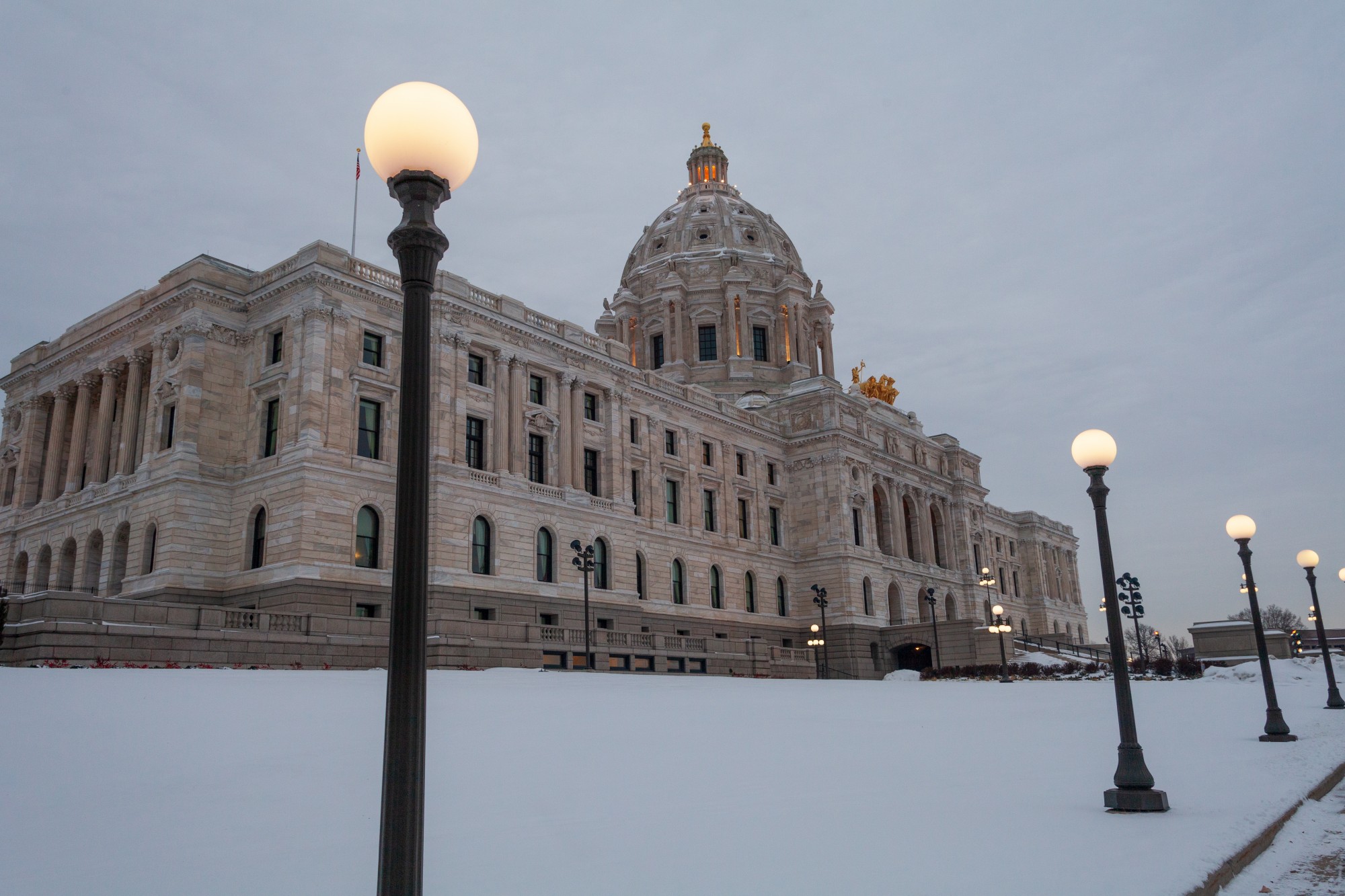In an effort to advocate for the University of Minnesota this upcoming legislative session, some alumni are taking their support to the Capitol.
Following years of partially fulfilled capital investment requests by the Legislature, an independent group of alumni, former regents and other individuals formed the “Maroon and Gold” political action committee last month. The PAC hopes to use its members’ connections to improve the University’s chances of seeing its full request allocated.
“The fact that a bunch of people got together independent of the University and feel that it’s important we hope will show the importance that individuals feel about the University,” said Ross Levin, University of Minnesota Foundation board member and PAC member.
Political action committees are organizations that gather money from contributors and donate the funds in support of specific candidates, causes and legislation that represent their interests. The Maroon and Gold PAC began organizing last year after taking inspiration from a similar organization that advocates for the University of Wisconsin-Madison during the state’s budget process.
The PAC plans to contribute to lawmakers and caucuses related to the higher education and capital investment committees, which will work most closely with the University this session.
Regent Emeritus Thomas Devine, a member of the group, said the share of higher education funding in the state budget has decreased significantly over the years. As the portion of the University’s budget from the Legislature shrinks, the University’s donor base cannot fill the gap, leading to tuition increases, he said.
Devine said the organization hopes to prevent these tuition increases and ensure allocation of sufficient funding to renovate the University’s infrastructure.
“We’re hoping that through the effort of what we do in delivering PAC checks, we can help tell that story and have a little bigger impact on what’s going on relative to supporting the University’s overall requests,” Devine said.
In terms of infrastructure funding, the University received about $79 million of its $238.5 million capital request in 2018, the most recent bonding year. Last session, a bonding bill failed to pass in the Senate, leaving the University with no state funding for infrastructure.
This year, the state received more than $5 billion in total bonding requests. While DFL members on the House capital investment committee are aiming for a “robust” $3.5 billion bonding bill, Senate Republicans would prefer to stay under $1 billion, said committee Vice Chair Rep. Fue Lee, DFL-Minneapolis.
While Lee said he is a proponent of limiting the influence of outside money in politics, the group represents a worthy effort to advocate for alumni and other University supporters.
The PAC met for the first time Tuesday night and hope to make their first contribution before the session starts next week. Devine said that while the PAC is just getting started, both Republican and DFL lawmakers have been receptive to the organization’s effort.
“The fact that we’re delivering it on a nonpartisan basis, meaning we’re not tilting the scale one way or another politically, [and] the fact that we’re spending money on that kind of a basis has also been very favorably received at the Legislature,” he said.













